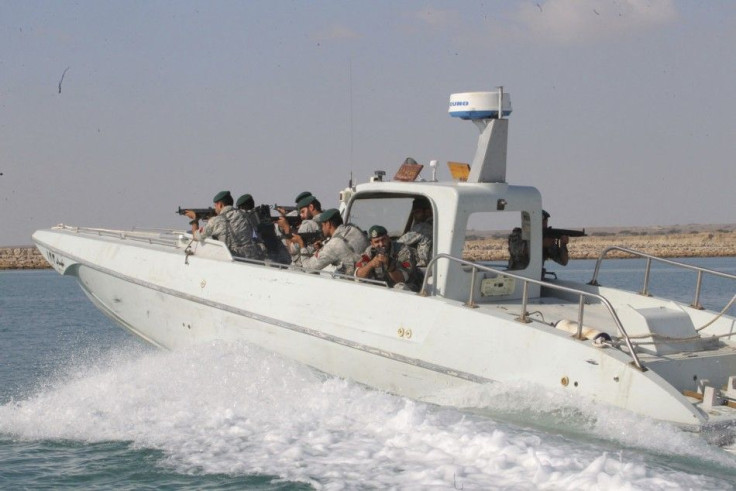Oil Price Hovers Near $103; EU Agrees to Iran Embargo

Oil prices remained near $103 a barrel on Thursday as concerns about U.S. demand kept the price from shooting up further while tensions with Iran continue.
Benchmark crude for February delivery dropped 59 cents to $102.63 in trading on the New York Mercantile Exchange. On Wednesday, the price rose 26 cents closing at $103.22 in New York -- the highest price since early May. While in London, Brent crude dropped 3 cents to $113.67 a barrel on the ICE Futures exchange Thursday.
The American Petroleum Institute reported Wednesday that crude inventories dropped last week, signaling less U.S. demand which kept prices in check from Wednesday. However, the price of oil has been rising due to mounting tensions between Iran and the United States and other western countries. On Wednesday the pressure on Iran continued to ratchet up, as European Union governments agreed on to ban imports of Iranian oil.
Days before, U.S. President Barack Obama signed a bill that imposes sanctions on Iran's central bank, which processes the nation's oil export payments. The measure penalizes foreign financial institutions from doing business with Iran's central bank.
The EU governments in the 27-nation bloc agreed in principle on the Iranian oil embargo, but now need to plan a timetable for implementing the move. France has suggested setting a date for beginning the embargo at a scheduled Jan. 30 meeting of the EU foreign ministers. The ban would not be official until that timetable is established. Then, it is expected to be carried out in stages so global oil supplies don't experience major disruption.
The U.S. and the EU nations have accused Iran of covertly developing a nuclear program under the guise of a civilian energy program. Iran has denied the charge, and has fought back with specific threats like saying its military might close the Strait of Hormuz, a vital gobal passageway for oil tankers.
The U.S. State Department hailed the EU move, suggesting that other countries follow suit by continuing to tighten the noose on Iran economically.
The European Union collectively is one of the biggest markets for oil for Iran, while China is the biggest buyer of Iranian oil. China has criticized the U.S. move signed by Obama, and says diplomacy should be used to solve concerns about Iran's nuclear developments.
But EU nations that previously showed concern about joining the embargo, including economically troubled Greece and Spain, dropped their objection and helped the group reach full agreement.
The embargo, sanctions and threats from Iran have pushed oil prices higher in recent days.
Some experts think the embargo may yield oil discounts for those countries that continue buying from Iran, however.
India, China and some other Asia countries may end up getting a reduced price on Iranian oil and that could be good for their economies, but European countries will have to find other sources, said Gene McGillian, analyst for Tradition Energy in Stamford, Connecticut, according to Reuters.
Meanwhile, one firm said Brent crude could reach $210 a barrel if the Strait of Hormuz were actually closed.
However, neither side would want tensions to spiral this far out of control, said Capital Economics said in a report, according to The Associated Press. Indeed, the threat of another 'super-spike' in oil prices when the global economy is still so fragile is itself a very powerful reason for the West to hold off from any military action.
By far the bigger risk is that oil prices will collapse due to an escalation of the financial crisis in the euro-zone.
© Copyright IBTimes 2024. All rights reserved.











